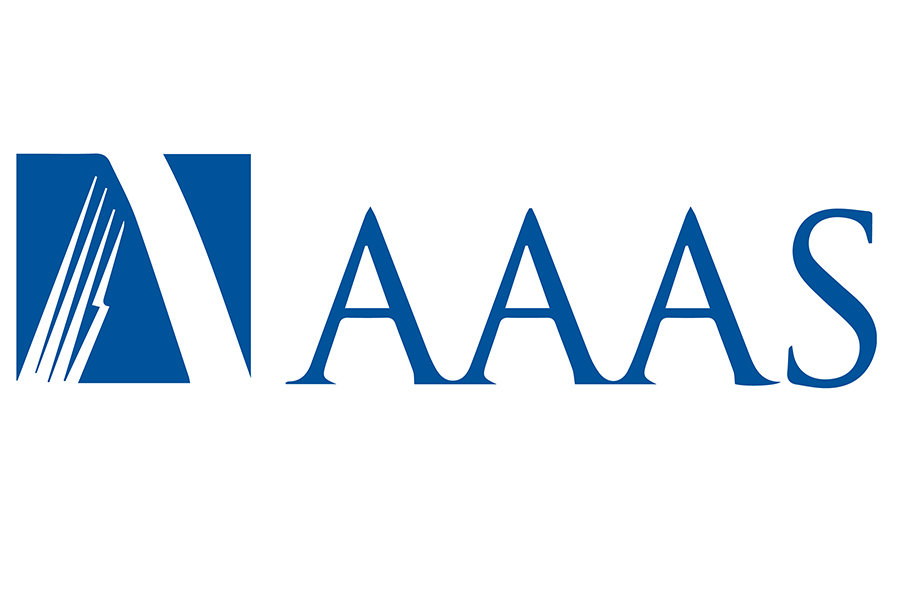
CMU’s Rob Kass and Byron Yu To Discuss Advanced Techniques for Understanding Brain Function at 2018 AAAS Meeting
By Shilo Rea
The American Association for the Advancement of Science (AAAS) will hold its annual meeting Feb. 15-19, 2018 in Austin, Texas, with a focus on “Advancing Science: Discovery to Application.”
Carnegie Mellon University’s Rob Kass and Byron Yu will participate in a scientific session on Friday, Feb. 16 at 1:30 p.m. CST on “Advanced Techniques for Understanding Brain Function.” The session will feature examples of the ways cutting-edge statistical methods are contributing important new insights; explore how statistical data analysis is helpful in understanding the mechanisms of anesthesia and loss of consciousness; and demonstrate the use of a brain-computer interface for illuminating how neurons work in the brain and providing better treatment options for paralyzed patients.
“Brain research is in desperate need of cutting-edge statistics, which can and should supply a crucial link between new, highly complex data and the thorough scientific explanations the research aims to generate,” said Kass, the Maurice Falk Professor of Statistics and Computational Neuroscience in CMU’s Dietrich College of Humanities and Social Sciences and panel moderator. “This panel of distinguished scientists will provide a glimpse into how some of this is happening and what the future could look like if statistical methods are appropriately incorporated into neuroscience and brain research.”
Yu, associate professor of electrical and computer engineering and biomedical engineering in the College of Engineering, will discuss using brain-computer interfaces (BCI) to better understand brain function.
“We are beginning to understand how neurons work together to allow us to learn. As with any other skill, subjects get better at using a BCI with practice. We can then study what changes in the brain while the subject learns,” Yu said.
Yu sees two crucial areas that his work will have an impact: developing improved treatment options that involve BCI for patients with injury or disease and identifying new ways to teach people new skills, whether it is learning a new sport or learning math.
Additionally, Emery Brown, from the Massachusetts Institute of Technology, will talk about “Uncovering the Mechanisms of General Anesthesia: Where Neuroscience Meets Statistics,” and Boston University’s Uri Eden will present on “Characterizing Complex Neural Phenomena: The Case of Hippocampal Replay.”